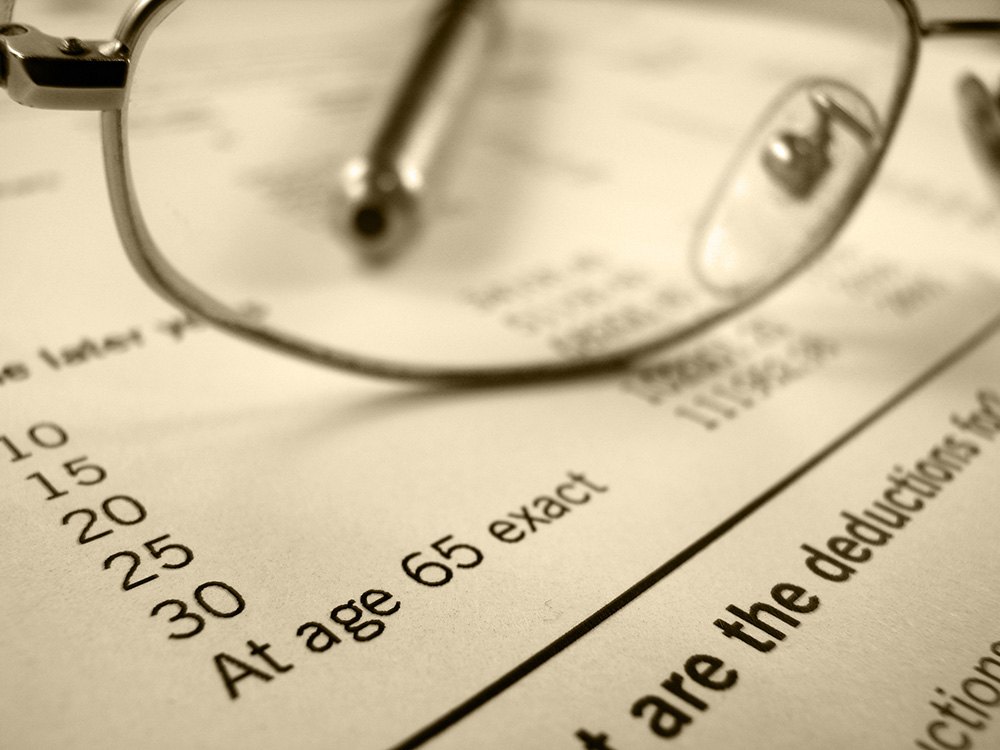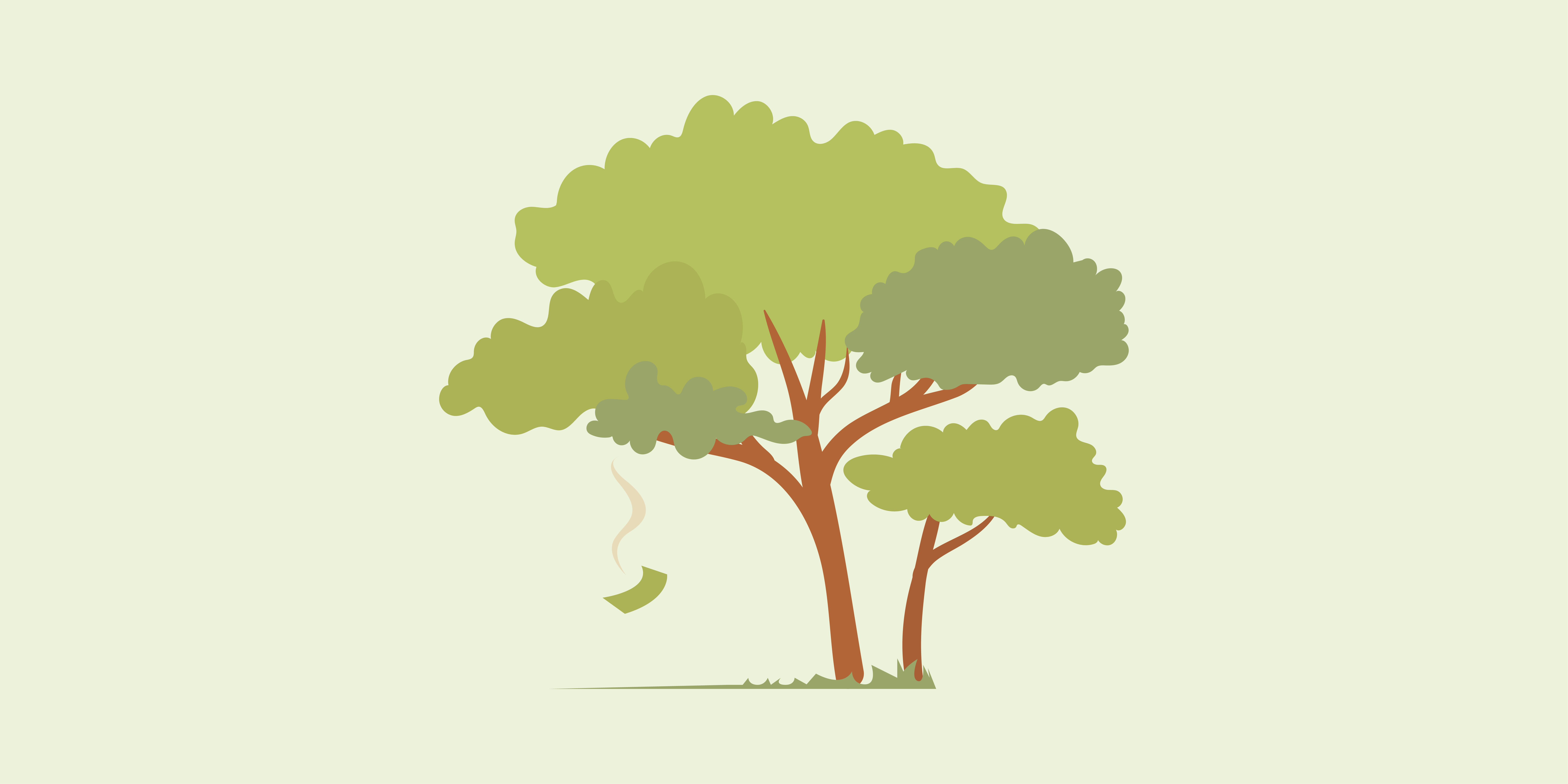Congratulations! You’ve reached the finish line. You’re about to hit 60 years old and retirement is no longer an abstract concept. It’s time to consider one of the most difficult questions – when to start collecting Canada Pension Plan – CPP payments.
Unfortunately, like so many other money issues, there is no cut-and-dried answer that applies to everyone.
“From an actuarial perspective, it should work out the same whether you take your the money early at age 60 or take it later,” said Morgan Ulmer, an accredited financial counsellor at MeVest, a Calgary-based financial literacy and counselling firm.
“You cannot scam the system – it’s just set up so that if you live an average life, it doesn’t matter when you take it.”
Trouble is, lots of people don’t live a so-called average life. Figures from Statistics Canada show that an average Canadian aged 65 can expect to hit about 85 years – 83 for males and 86 for females.
The maximum CPP payment available at age 65 for 2016 is $1,092.50 a month.
You can start collecting Canada Pension Plan payments as soon as you hit age 60. But there is a stiff penalty – you will collect 36 per cent less than had you waited until your 65th birthday.
However, this cuts both ways. If you hold off collecting CPP payments until age 70, you will collect up to 42 per cent more than if you had started cashing in at age 65.
Perhaps the best place to start is by looking at your own medical history – and that of your family.
“Of all the things to consider, life expectancy would be one of the main ones,” said Ulmer.
“And if you have poor health, or perhaps one or both of your parents died at an early age or if things run in the family, you might want to just … take the money now.”

But that doesn’t mean you have to spend it.
“The great thing now with Tax-Free Savings Accounts (TFSAs) is, if you don’t think you’re going to live to a ripe old age, you take the money now just so you are getting it,” Ulmer said.
“Even if you don’t need to spend it, you can put it into your TFSA and (have it) just sit there until such a time as you do need it.”
If you expect to live well into your 80s, one of the deciding factors as to when to take CPP is how badly you actually need the money.
It might be a good idea, for instance, to start collecting CPP payments if the alternative is racking up credit card debt in retirement.
“You should never let either tax considerations or actuarial considerations trump basic needs or basic questions such as, do you need the money?” said Ulmer.
She pointed to a 62-year-old client who is employed in a fairly low-paying job and has gotten a bit over his head in credit card debt. It’s a very stressful situation and his health won’t allow him to take on a second job.
“He’s been paying into CPP since he was 18, he’s going to get about $735 a month and that for him is incredible and will free up so many opportunities, decrease his stress levels – it’s the right decision for him.”
But by the same token, it’s also a question of whether you maybe just want to have that money.
“If you’re a healthy 60-year-old and you have travel plans, and you want to do that while you’re healthy, get some things ticked off on your bucket list – real life is very important and (you want to) make sure that some of your retirement dreams come true,” she said. “There’s nothing wrong with that either.”
The decision to start collecting CPP payments early is easier for low-income Canadians, who will likely qualify for the federal government’s Guaranteed Income Supplement (GIS) at age 65. This benefit is not to be confused with the other major benefit to seniors, the Old Age Security (OAS).
The GIS is meant to supplement the OAS. The maximum payout from the two benefits is just under $1,300 a month for a single person. However, that GIS is subject to clawbacks once a certain income threshold is reached.
No GIS is available to a single senior after racking up $16,512 in yearly income (not counting OAS).
“The main thing is you get lower CPP if you take it at 60,” said John Stapleton, who operates the social policy consultancy Open Policy Ontario and is the author of the paper “Planning for Retirement on a Low Income.”
“So, if you take it at 60, you’re going to get that money for those five years and then the amount of the clawback on the GIS is going to be less because you’re receiving less.”





